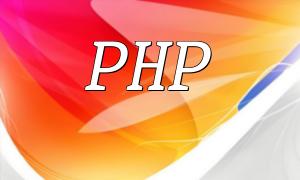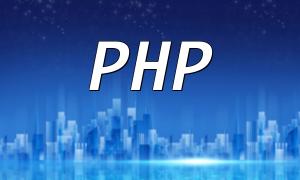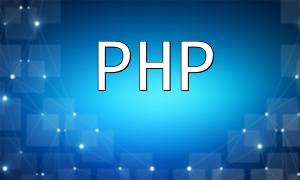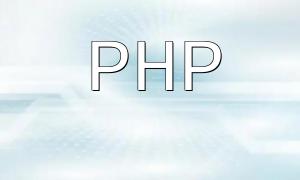PHP is a widely used server-side scripting language in web development, known for its powerful features and flexibility. However, developers often face various challenges during the development process. This article shares some PHP development tips and suggestions to help developers optimize performance, manage security, and improve code structure, thereby enhancing development efficiency and code quality.
Performance optimization is a crucial aspect of PHP development, directly affecting website response time and user experience. Here are some tips for optimizing performance:
1. Use Caching: Effectively utilizing caching technologies (such as memcached, Redis) can significantly reduce database access and computation, improving page load speed.
2. Optimize Database Queries: Avoid using SELECT * and query only the necessary fields. Utilizing database indexes and appropriate join queries can improve query efficiency.
3. Avoid Redundant Calculations: Avoid performing the same calculations repeatedly in your application. Use caching or static variables to prevent redundant computations.
4. Compress Resource Files: Merge and compress CSS and JavaScript files to reduce file size and speed up page loading.
5. Asynchronous Operations: For time-consuming tasks (like sending emails or image processing), use asynchronous operations to improve concurrency and processing power.
Ensuring the security of your web applications is crucial. Here are some strategies to enhance PHP application security:
1. Filter User Inputs: Strictly filter all user-inputted data to prevent SQL injection, XSS attacks, and other common security vulnerabilities.
2. Encrypt Sensitive Data: Encrypt sensitive user data such as personal information and passwords, and control access privileges to ensure data security.
3. Use Security Libraries: PHP offers many security-related libraries, such as password_hash() and password_verify(). Using these functions can improve the security of your application.
4. Regular Updates and Backups: Keep your PHP version, related libraries, and frameworks up to date, and regularly back up your data to prevent data loss or security vulnerabilities.
5. Error Handling: In production environments, avoid exposing detailed error messages to users. Instead, handle errors through logging mechanisms.
Optimizing code structure and design can improve code readability, maintainability, and reduce the likelihood of errors. Here are some common tips for optimization:
1. Object-Oriented Programming (OOP): PHP supports OOP. Using OOP principles can increase code reusability and scalability.
2. Modular Development: Break the system into independent modules with clear functions and interfaces, reducing coupling between modules.
3. Design Patterns: Learning and applying design patterns can help solve common development problems and improve code flexibility and readability.
4. Comments and Documentation: Add clear comments and documentation to the code, especially for complex modules, to facilitate team collaboration and future maintenance.
5. Error Handling and Logging: Properly handle exceptions, and log detailed information to help quickly identify and resolve development issues.
To improve development efficiency and code quality, using the right development frameworks and tools is essential. Here are some commonly used PHP frameworks and tools:
Laravel: Laravel is a powerful, user-friendly PHP framework suitable for quickly building high-quality web applications.
Symfony: Symfony is a mature PHP framework with a wide range of components and tools, suitable for developing large-scale projects.
Composer: Composer is a dependency management tool for PHP, which helps developers manage third-party libraries and plugins required for their projects.
PHPUnit: PHPUnit is a unit testing framework for PHP, helping developers automate tests and ensure code quality.
Xdebug: Xdebug is a debugging tool that helps developers efficiently locate and fix code issues.
This article shared tips for improving PHP development performance, security, and code structure, along with practical advice on using frameworks and tools. By applying these insights, developers can improve their development efficiency and code quality. Continuous learning, practice, and exploration will help you become an excellent PHP developer.










